Banning metabolic sensors from racing is a ‘step backward’ for rider welfare, says Supersapiens founder
Phil Southerland says that Supersapiens will sponsor any pro athletes wanting to use the glucose monitoring tech in training
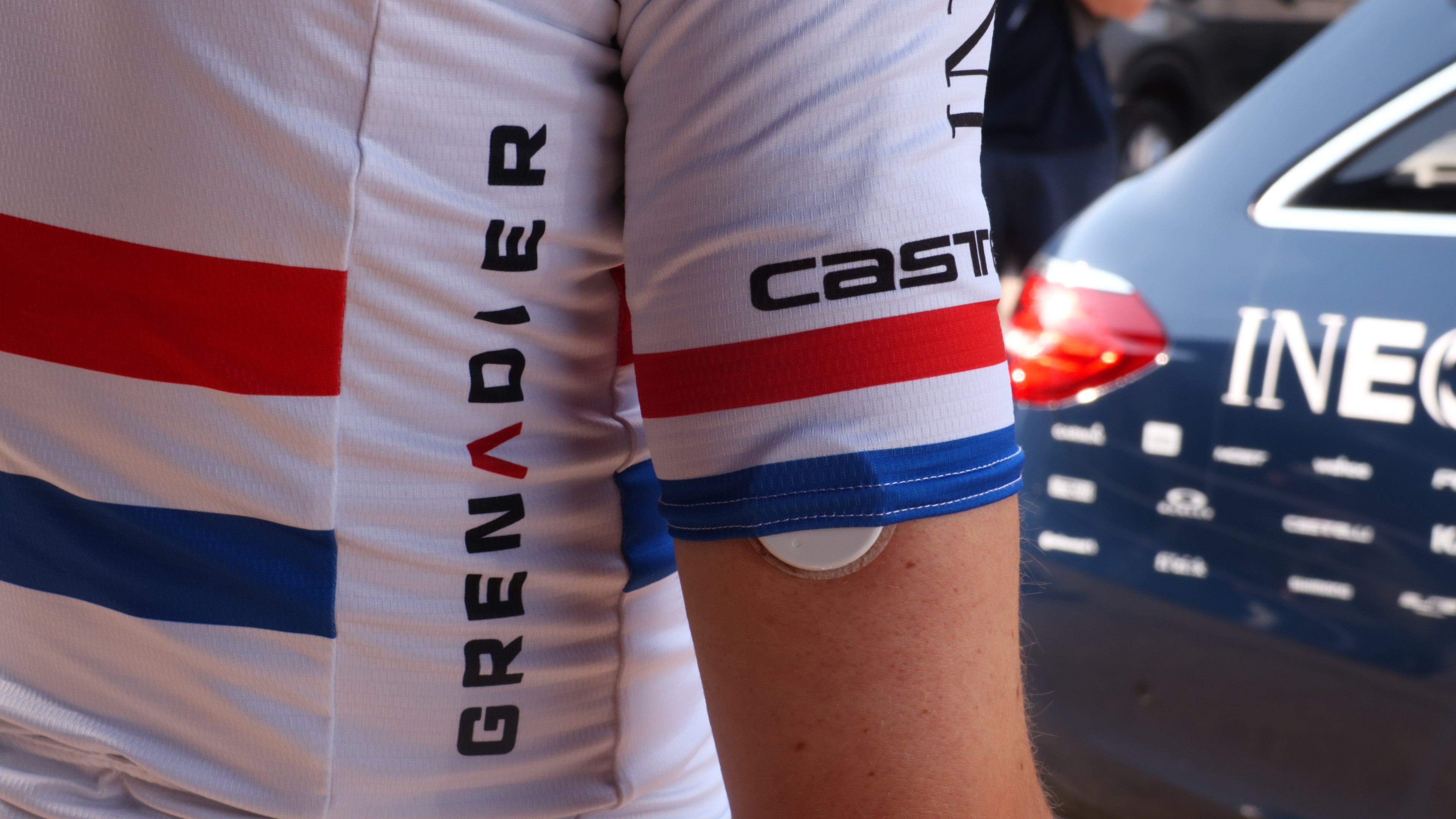

The founder of Supersapiens, the glucose tracker banned from use in UCI racing as part of its most recent rule clarifications, has said that the move is a 'step backward' for rider health and welfare.
The UCI has banned the use of sensors that monitor ‘physiological data, including any metabolic values such as but not limited to glucose or lactate’ from races.
In an interview with Cycling Weekly, UCI innovations manager Mick Rogers listed potential financial inequality for young riders unable to afford the tech, formulaic 'Formula One' style racing, data-driven riding preventing young riders from learning how and when to eat, and worries over data security as some of the reasons behind the ban.
“I feel [banning this technology is] a step backward in the sport when we need to take a step forward in the health and welfare of riders. We’ve seen outrage from team physicians [following the ban],” said CEO and founder of Supersapiens Phil Southerland.
"We know there are physiological, health and performance benefits, but they cascade into the mental health of athletes. You look at all these athletes who are neo pros trying to lose so much weight because everyone else is skinny, and it really screws with their heads - here's a way we can do that safely, and in a data-driven way, by personalising nutrition for individuals."
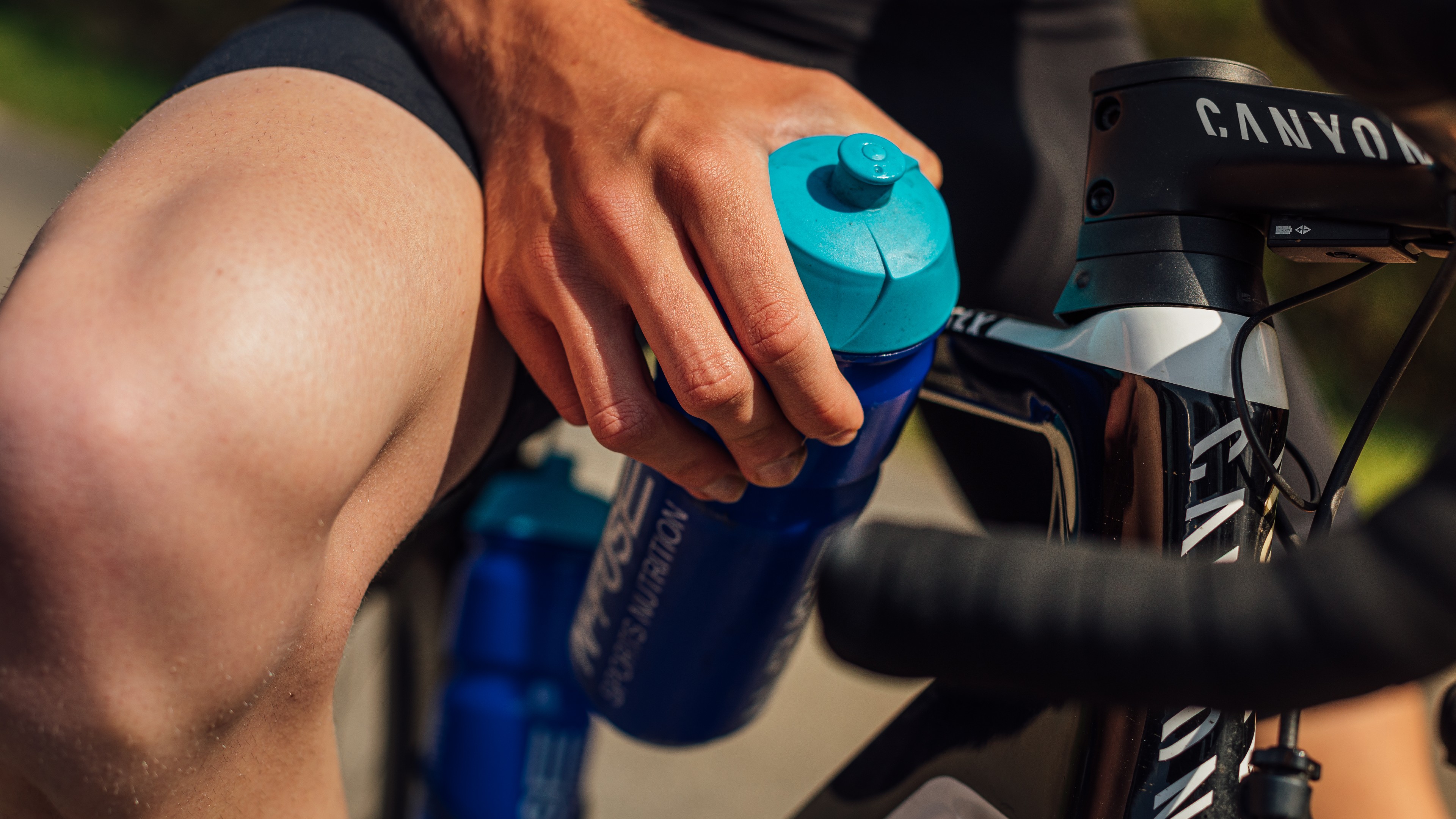
Knowing when to eat and drink can help riders on many levels
Southerland says he'll sponsor any pro rider who wants to use the tech.
“My business model does not depend upon pro cyclists buying the product. I’ll support every pro cyclist to access this technology... I’ve sent a letter to every team owner, saying if they have riders without means, we’ll sponsor them, we’ll support them, and we’re trying to get into contact with [the team managers in] the female peloton [to offer the same].”
The UCI ban does allow derogations for medical use, and athletes on type one diabetic team Team Novo Nordisk will be able to continue to use the tech during races. Southerland argues that non-diabetic riders could compete more safely with glucose monitoring at their fingertips, too.
“We have published studies based on tracking riders during races and know that riders, without diabetes, are significantly under-fuelled in races. Our data - which is protected on an individual level by GDPR - shows that 45 per cent of the time people exercising for over an hour are under-fuelled, and that 2 per cent of the time men spend riding for over an hour they are hypoglycaemic, it’s 2.9 per cent for women.”
“The entire Formula One racetrack is using our sensors now. Why? They’re going at 200mph and there are long-term studies of the cognitive impairment function a lack of glucose has. So Formula One embraced it, to help athletes race safer. I own pro cycling teams. I’ve had to call mothers and fathers of athletes when riders crash and are in intensive care. That’s the worst call you could make.
"I cannot say this tool could prevent every crash. But could it prevent one? Can we prevent two? We had a call from one of the teams at a women’s race, their rider had a bad crash, and when they tested her glucose at the hospital she was hypoglycaemic. We want our athletes to get to the finish line,” Southerland says.
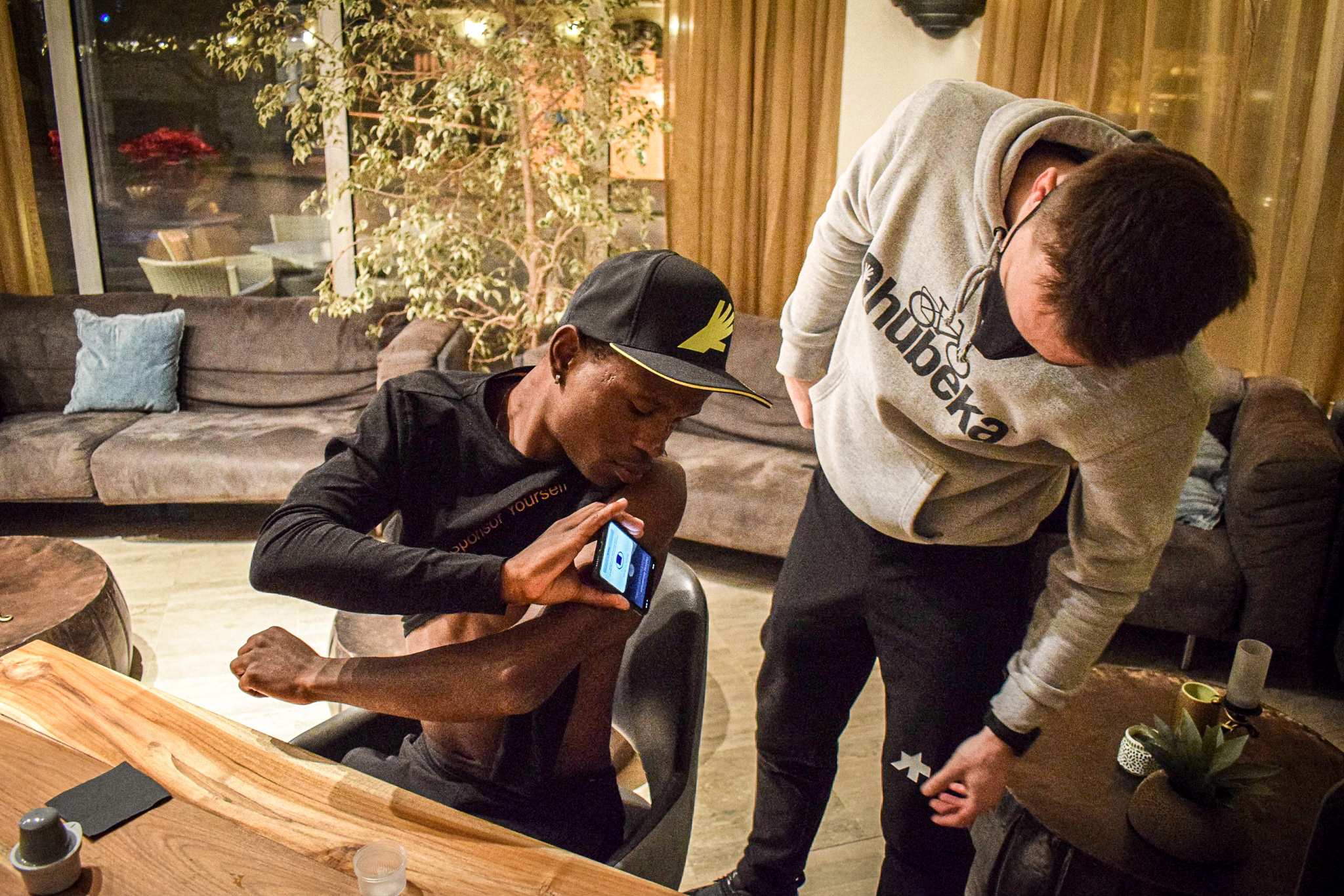
The data could be particularly useful for female athletes. Fluctuating hormones throughout the menstrual cycle mean that women’s fuelling needs to change, sometimes quite dramatically, throughout the month - but the complications created by the same fluctuating hormones mean that women are excluded from many medical and sports science studies.
“We need to study women and help them understand their fuelling needs,” Southerland said. “A research scientist I work with told me ‘normally we’re told not to study women’, because they are [physiologically] more complicated, but we’re going to do the opposite.”
The ban is now in place, but riders can continue to use metabolic sensors in training, albeit at a greater cost - once fitted each sensor lasts for two weeks, but if removed for races a fresh one would be required. Southerland is hopeful that, one day, the UCI will reconsider.
“We will work with the UCI, and provide anything they need, to get this approved. Power meters were banned at one point, they banned race radios for a little while and those came back. I’m confident we’ll get this overturned.”

Thank you for reading 20 articles this month* Join now for unlimited access
Enjoy your first month for just £1 / $1 / €1
*Read 5 free articles per month without a subscription

Join now for unlimited access
Try first month for just £1 / $1 / €1
Get The Leadout Newsletter
The latest race content, interviews, features, reviews and expert buying guides, direct to your inbox!
Michelle Arthurs-Brennan the Editor of Cycling Weekly website. An NCTJ qualified traditional journalist by trade, Michelle began her career working for local newspapers. She's worked within the cycling industry since 2012, and joined the Cycling Weekly team in 2017, having previously been Editor at Total Women's Cycling. Prior to welcoming her first daughter in 2022, Michelle raced on the road, track, and in time trials, and still rides as much as she can - albeit a fair proportion indoors, for now.
Michelle is on maternity leave from April 2025 until spring 2026.
-
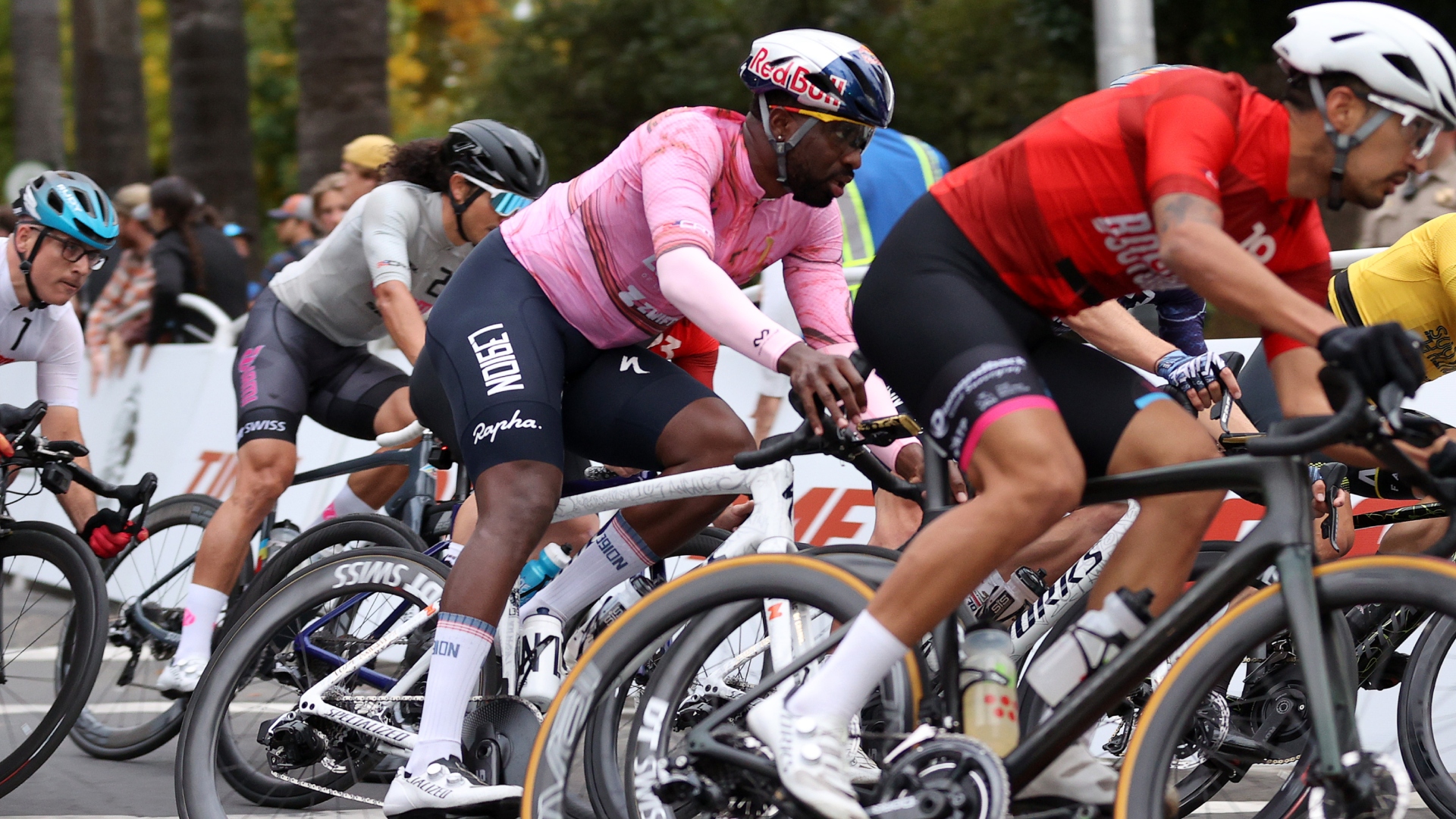 Can you make a living as an American domestic road racer? A look inside the part-time professionalism of the American road peloton
Can you make a living as an American domestic road racer? A look inside the part-time professionalism of the American road pelotonAfter decades of booms and busts, the American road scene finds itself in a fragile place. We spoke to riders to understand the reality of chasing the dream on home soil
By Logan Jones-Wilkins
-
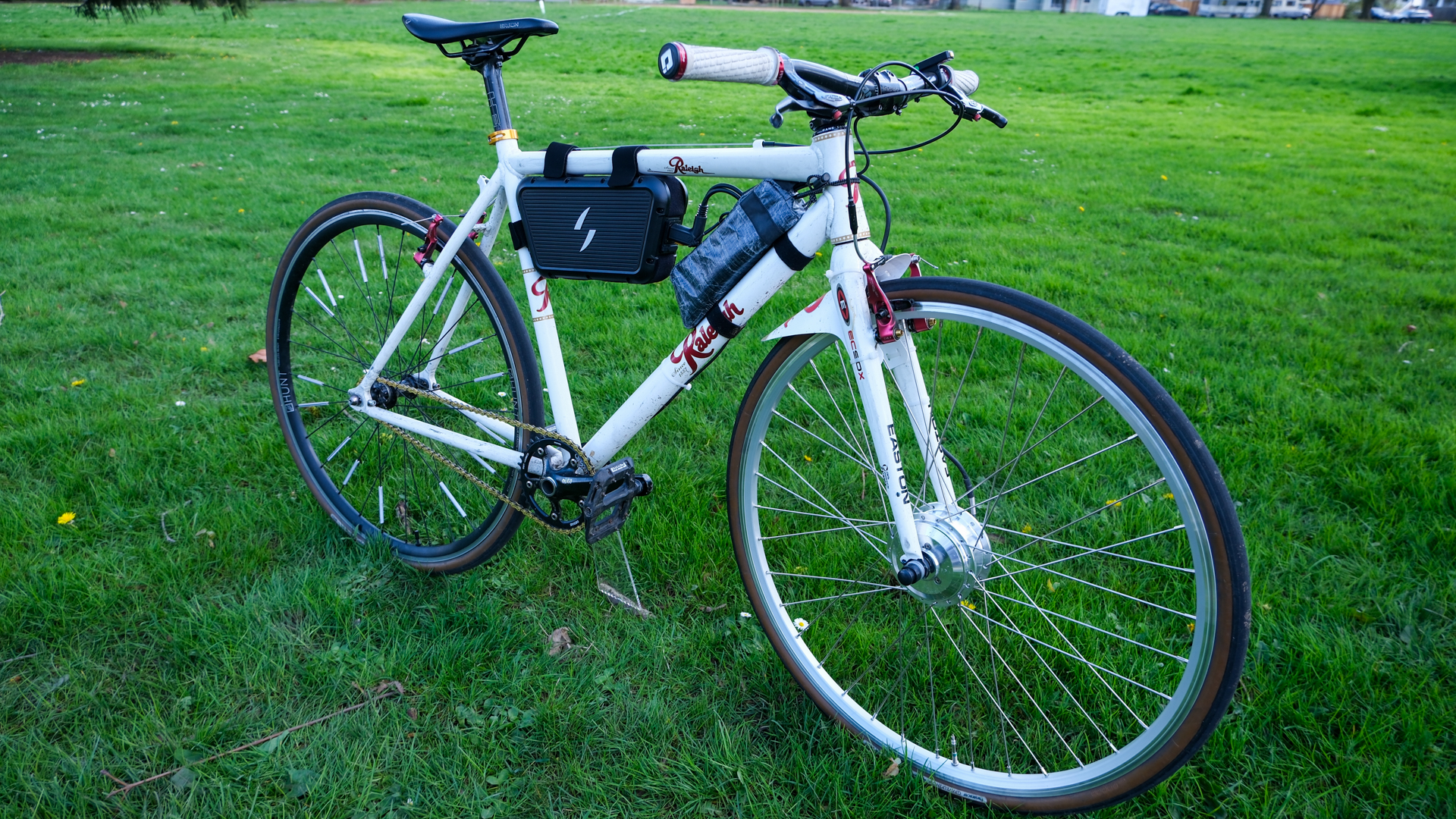 5 things I wish I’d known before reviewing the Swytch GO e-bike conversion kit
5 things I wish I’d known before reviewing the Swytch GO e-bike conversion kitSwytch offers an effective, albeit untidy, workaround for e–bike–curious riders. But as prices drop on full e-bikes, its value proposition may be fading
By Anne-Marije Rook